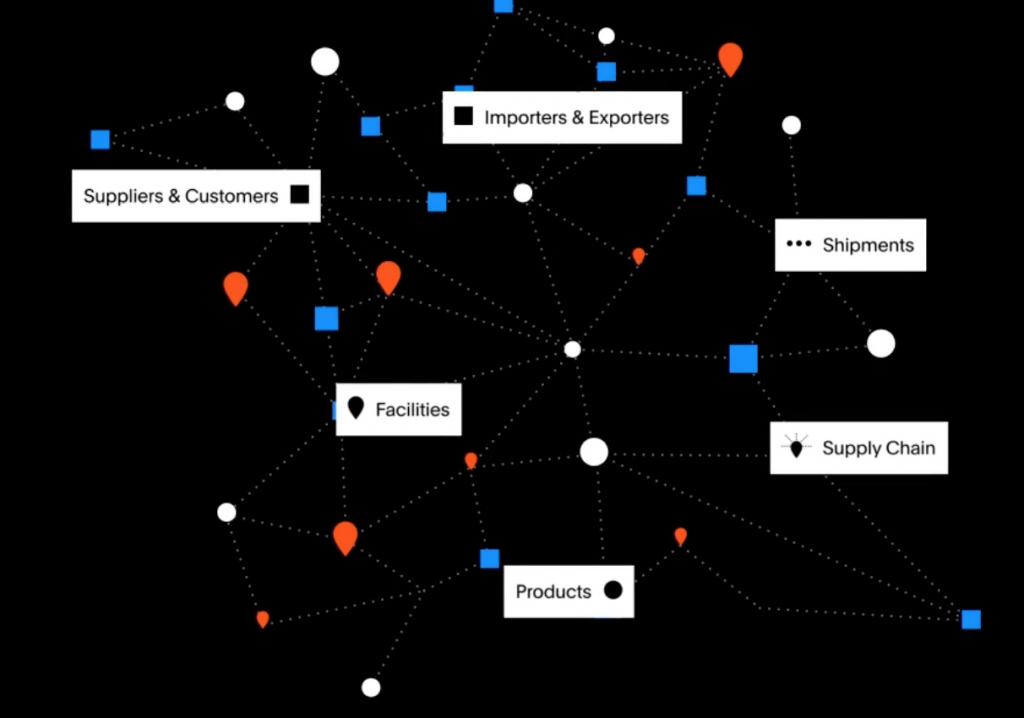
Altana AI has the goal of becoming the one source for supply chain data around the world.
Transfer Learning Is A Solution From Altana AI
Probably some of the most exciting news that importers and exporters have heard in a while. And the news comes with some big-dollar support. According to Kyle Wiggers from venturebeat.com, Altana AI is riding to rescue supply chains and inventory losses.
Altana AI, a startup building a database for global supply chain networks, today announced that it raised $15 million in a series A funding round led by GV with participation from Floating Point, Ridgeline Partners, Amadeus Capital Partners, and Schematic Ventures. The proceeds, which bring the company’s total raised to $22 million to date, will be used to further develop Altana’s data and AI systems and launch new machine learning and network analysis tools, according to CEO Evan Smith.
Perhaps you have seen the videos or pictures of ships lined up at the larger U.S. ports as well as ports worldwide. Ships loaded with every product we use daily or hope to buy for gifts. Things that are produced and shipped have become so large in number that the old way of keeping track of inventory and deliveries just won’t cut it anymore.
The list of things putting pressure on supply chains is long. Trade wars, the rise of e-commerce, pandemic supply chain shocks, and sustainability concerns are driving fundamental changes to supply chain networks and global trade flows. Nearly 75% of companies report supply chain disruptions in some capacity due to pandemic-related transportation restrictions. In a recent IBM survey, 40% of executives stressed the need for spare capacity to weather future crises.
Altana’s Answer
Altana was founded in 2018 by Evan Smith, Raphael Tehranian, and Peter Swartz, who had worked together for years on other projects. Their aim with this project was a centrally based source of supply chain information sharable in the right systems. Not just for keeping track of containers, but also for compiling the minute data of what is actually in each container.
Altana is built on a knowledge graph — essentially, a database — of the global supply chain that’s kept up to date through a federated machine learning approach. Smith says that this allows the platform to learn from sensitive data that would never be directly pooled and shared because of IP, privacy, and sovereignty concerns.
“Through this federated deployment architecture and the use of transfer learning and federated learning across the network, we’re able to model supplier behaviors, detect supply chain network risks and vulnerabilities, classify products, and make recommendations for trade and supply chain management drawing on a global network of data,” Smith said. “While cargo visibility and ETA prediction is an active and crowded technology space, we’re tackling a more fundamental, unsolved problem in describing the underlying supply chain network and the production of goods across the network.”
The global supply chain management market is expected to grow from $15.85 billion in 2019 to $37.41 billion by 2027, according to Allied Market Research. Startups competing in the space include Verusen, which uses AI to reconcile supply chain data, and Overhaul, which trains algorithms to track metrics like on-time performance and in-transit risks.
The news lately is about analysts predicting shortages for the Christmas season due to the backup in global claims. And this really reinforces the idea that the US might have moved just a few too many companies to foreign shores for the sake of their bottom lines. Now the pandemic and other issues make it clear many of those manufacturers need to return to American soil. This too would help the supply chain problems. Altana AI has enough funding and the right management to make a huge impact on this global issue.
Their AI will be what is counted on for the next generation of global shippers if they are able to produce and engage their technology on the scale they are predicting.
read more at venturebeat.com







Leave A Comment